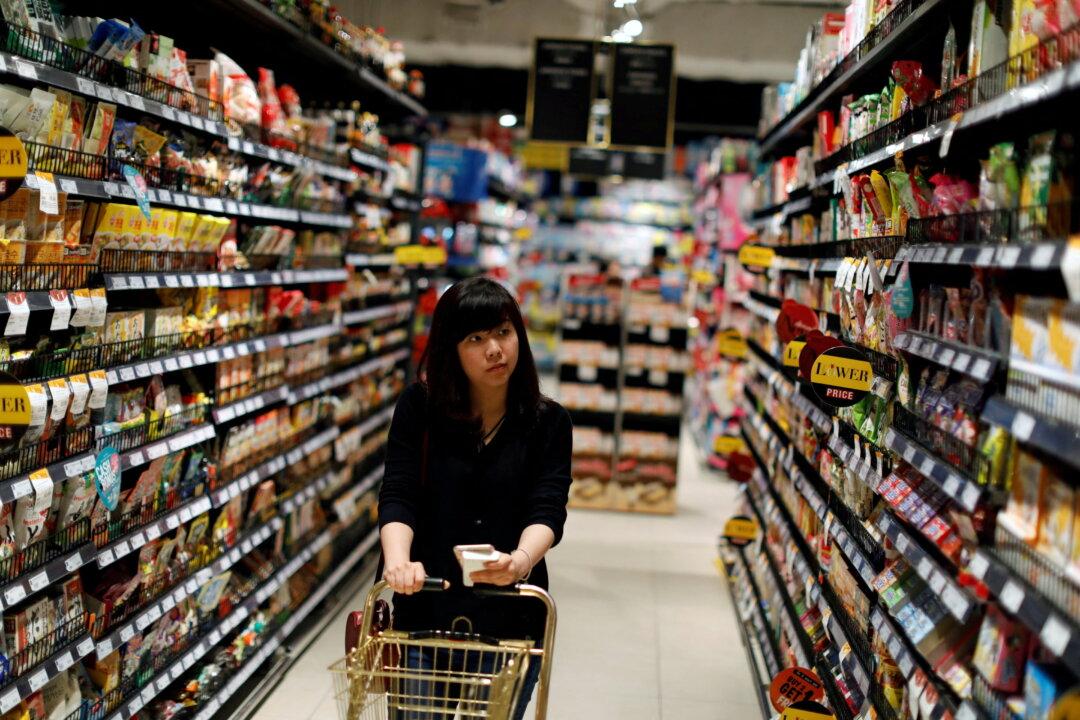Thailand’s Central Bank has raised its key policy rate by 25 basis points to tackle rising inflation while anticipating a rebound in the country’s economy to pre-COVID levels by the end of the year.
The Bank of Thailand (BOT) increased the policy rate from 0.50 percent to 0.75 percent, its first hike since 2018, after the monetary policy committee’s vote on Wednesday. One member voted to raise the policy rate by a lesser 50 basis points.





